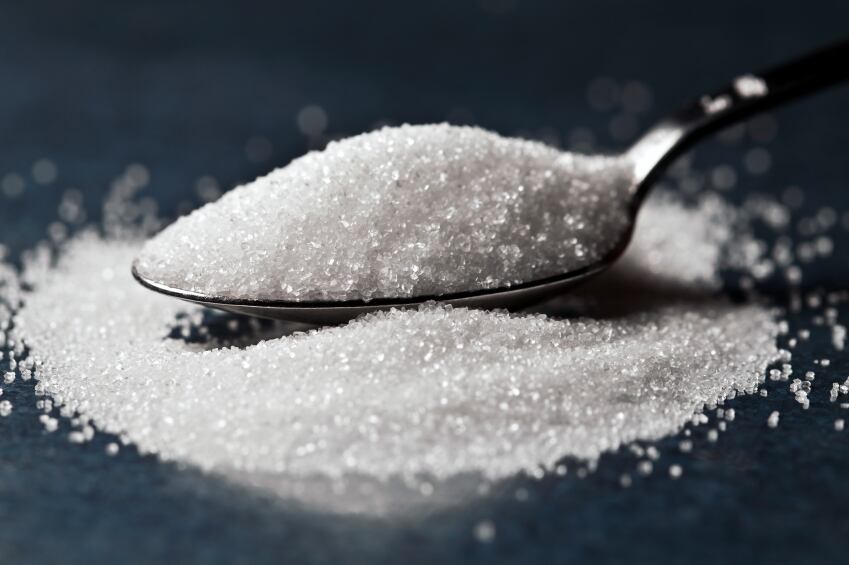Data collected from major UK supermarkets including Asda, Sainsbury’s, Tesco and Waitrose, found that 55% of soft drinks available exceeded the maximum UK daily recommendation for sugar intake (30 grams a day (g/d)) per 330 millilitre (mL) can size.
In addition 73% of the 169 products on sale exceeded the maximum daily recommendation for free sugars intake for a child (24 g/d).
Ginger beer fared worst with findings—published in the BMJ Open—identifying branded and non-branded versions of the drink as having an average sugar content of 38.5 g/ 330 mL. This equates to roughly 9.2 teaspoons of sugar.
In total 81% of ginger beers were found to contain free sugars that exceeded the maximum daily recommendation.
Behind ginger beer were the flavoured cola brands, which had an average sugar content of 37.5 g, equivalent to 9 teaspoons.
Colas, fizzy orange drinks and cream soda closely followed, all exceeding, on average, the recommended daily sugar intake.
Soft drinks such as elderflower (27 g), dandelion and burdock (26.9 g), lemonade (25.8 g) and ginger ale (22.9 g) were found to have the lowest sugar content.
WHO guidance
The World Health Organisation (WHO) guidelines, updated in 2015, recommend that adults and children should reduce their intake of free sugars to less than 10% of their daily calories.
Health campaigners have called for a lower figure, ideally around 5%. This is approximately 25 g, or six teaspoons, a day.
“Our study shows that the majority of carbonated sugar-sweetened drinks available in supermarkets exceed the maximum daily recommendation for sugar intake for an adult (30 g/d) and a child (24 g/d),” said Dr Kawther Hashem, co-author of the BMJ Open study and researcher for Action on Sugar at Queen Mary University of London.
“It is therefore not possible to state that carbonated sugar-sweetened drinks can be consumed as part of a ‘healthy balanced diet’ even though drinks companies claim it can be.”

Interestingly, one finding identified that on average, the supermarket own brand contained lower levels of sugars than branded products (27.9 g vs 31.6 g/330 mL).
Hashem commented that it seemed possible for the industry to produce competitive products with much less sugar. “Some supermarket own brand drinks have been produced with lower sugars content which demonstrates that—despite claims to the contrary—delivering lower sugars products appears not to be a technical issue related to soft drinks manufacture,” she said.
“Corporate decisions about beverage composition are often based on factors such as common practice, taste and price, rather than health.”
Industry efforts
Tesco are one of the big supermarkets that have pledged to reduce sugar in all their own brand soft drinks to below 5 g/100ml.
In addition makers of Lucozade and Ribena, Suntory have also pledged to reduce sugar in all their sugar-sweetened drinks to below the lower band levy.
“Soft drinks companies are well aware of the potential for sugar reduction in soft drinks and have reduced their consumers’ sugar intake by over 17% since 2012,” Gavin Partington, director general of the British Soft Drinks Association.
“In 2015, we also became the only food and drink category to set ourselves a calorie reduction target of 20% by 2020.”
“In line with EU regulations, full nutritional labelling, including sugar content, is on the pack of all soft drinks so consumers can make an informed choice about the products they’re drinking.”
Source: BMJ Open
Published online ahead of print, doi.org/10.1136/bmjopen-2015-010874
“Cross-sectional survey of the amount of free sugars and calories in carbonated sugar-sweetened beverages on sale in the UK.”
Authors: Kawther Hashem et al.
